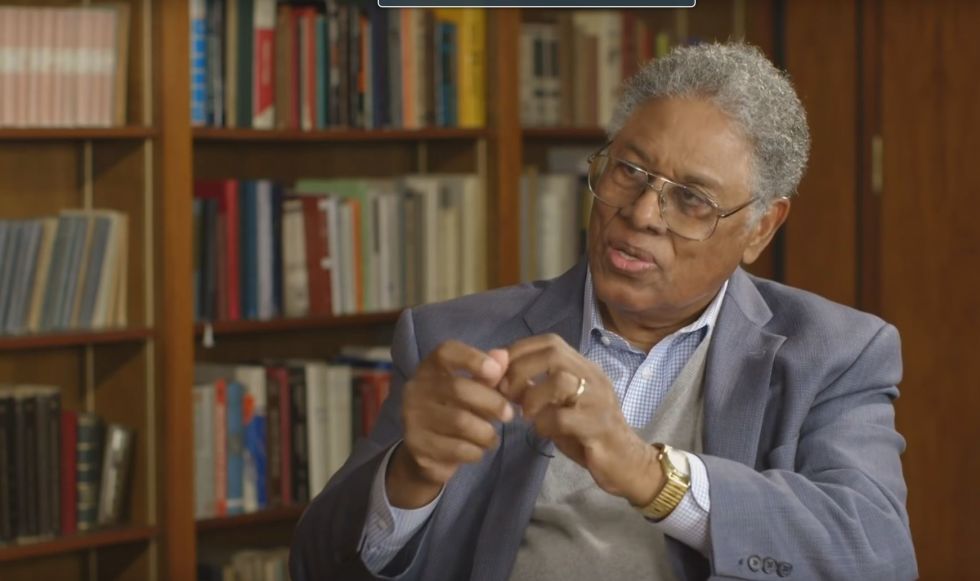The American Civil War was not about conditions in Andersonville prison and the war in Iraq is not about conditions in Abu Ghraib prison. Terrible things happened in both military prisons but that was a small part of both these wars.
When our troops are putting their lives on the line for this country, thousands of miles away, surely it is not too much to ask of the rest of us back home to act like adults and put things in perspective — even during an election year. That includes the media. Sometimes the fourth estate seems more like a fifth column.
The story of what happened at Abu Ghraib prison was told by the American military authorities months ago. This was not some cover-up that the media exposed. What the media did, irresponsibly, was send inflammatory photographs around the world.
In an age when some in the media are gross enough to release photographs of Princess Diana’s dying moments, perhaps it is too much to expect forbearance about releasing photos that can only help our enemies around the world.
CNN had the forbearance to withhold information about far worse things that were done during the Saddam Hussein regime, for fear of having their Baghdad office closed down. But apparently that was more important than the war in Iraq.

Some say the camera doesn’t lie but it can grossly mislead. If these same photos were released at some future time, after those responsible had been court-martialed and punished, that would present a very different picture and the military authorities would be freer to pinpoint blame.
But a court martial is a trial, and that places severe restrictions on what military authorities can say because they have to be responsible adults, even if journalists are not. If a colonel is conducting a court martial and the generals over him are publicly denouncing those on trial, will that be considered a fair trial whose verdicts will stand up on appeal?
Could the photos not wait until the whole story was in, so that they could be seen as what they are — pictures of things that were not tolerated by America, even though worse things are tolerated and even celebrated in some Middle East countries that are having a field day condemning the United States and whipping up calls for revenge?
It is bad enough that we have to hear about the civilian trials of Scott Peterson, Kobe Bryant and Michael Jackson all around the clock, before all the evidence is in and verdicts reached. But at least this cheap sensationalism does not jeopardize our troops or our country.
The feeding frenzy over prison conditions in Iraq is just the latest in a long series of irresponsible media outbursts. The first sandstorm that forced allied troops to pause on the road to Baghdad brought out media cries of “quagmire.” Missing items from an Iraqi museum while the war was raging provoked an international orgy of indignation against the United States — and nothing like an apology when the items were later found, in the hands of Iraqis.
The current urban warfare in Iraq, bad as it is, does not compare with the disaster created by the last big German counterattack in the Battle of the Bulge in World War II. Yet nobody called that a quagmire or a sign that we were losing the war — and in fact the Germans surrendered less than 6 months later.
It is hard to think of a war in which we did not confront terrible setbacks at some point, beginning with the American military defeats in the war for independence, the British setting fire to the White House during the War of 1812, numerous bloody disasters during the Civil War, and Pearl Harbor in World War II.
No one in World War II demanded that President Roosevelt present them with a timetable for the end of the war, much less for when our military occupation would end in Europe. Nor did anyone demand to know how much the war would cost in dollars and cents.
But the maturity to think beyond the moment has apparently become far more scarce today than it was in the days of the greatest generation. Will future historians call us the childish generation?
How much today’s childishness will cost this country in the long run only the future will tell — and it may tell in blood.
Cartoon by Cox and Forkum.




